Genomic Epidemiology Fellowship (Cancer Research Training Award Fellow)
Category : Student Opportunities
Position Description:
This position provides an exciting and unique opportunity to work closely with Branch staff to support current genomic epidemiology initiatives and activities, as well as help develop, coordinate, and administer future efforts in emerging areas of scientific focus for GEB. Learn more about GEB: https://epi.grants.cancer.gov/geb/ The successful candidate will function as a member of the GEB team and work with GEB staff to support coordination, planning, evaluation, and analysis of various programmatic, scientific and planning activities related to GEB’s mission. Additionally, the Fellow is encouraged to initiate and develop his or her own genomic epidemiology related research projects utilizing existing resources. Examples of research and programmatic areas of emphasis include research in the genetic epidemiology of cancer in human populations (considering both common and rare genetic variations), polygenic risk scores, participant engagement, and health disparities.
Day-to-day activities might include, but are not limited to:
Conducting literature reviews; Performing program assessments and grant portfolio analyses; Performing secondary data analyses of existing and publicly available datasets; Contributing to scientific manuscripts, meeting reports, and presentations; Organizing meetings, workshops, and webinars; Participating in Division, Program, and Branch meetings; Developing or updating content for relevant websites; and Attending relevant seminars and conferences.
Qualifications:
Master’s or doctoral degree with a strong background in genetic epidemiology, statistical genetics, biostatistics, bioinformatics, computational biology, or related discipline. A strong interest in public health, population- based research, cancer control, and exploring the genetic architecture of complex diseases. Experience conducting research or serving as a research assistant on a scientific project; with particular experience in reviewing, analyzing, and summarizing scientific literature. Excellent organizational, interpersonal, and time management skills. Experience managing projects and performing analyses. Data management skills and/or experience with spreadsheets. Experience with GWAS, TWAS, PRS or other current genomic epidemiology technologies/analysis methods. Strong communication skills, both oral and written. The ability to work independently and on teams. Applicant must be a U.S. citizen or permanent resident.
Organization Description:
NCI is the primary federal agency responsible for cancer research and is part of the National Institutes of Health (NIH) and the U.S. Department of Health and Human Services (DHHS). The Epidemiology and Genomics Research Program (EGRP), Division of Cancer Control and Population Sciences (DCCPS) manages a comprehensive program of grant-supported, population-based research on the determinants of cancer. This fellowship opportunity is within EGRP’s Genomic Epidemiology Branch (GEB), which plans, develops, directs, coordinates, and evaluates a comprehensive program of epidemiologic research in human populations related to factors that influence personal susceptibility to cancer, such as genetic, epigenetic, immunological, and hormonal biological pathways; and social, cultural, and race/ethnic factors.which plans, develops, directs, coordinates, and evaluates a comprehensive program of epidemiologic research in human populations related to factors that influence personal susceptibility to cancer, such as genetic, epigenetic, metabolic, immunological, and and race/ethnic factors.
For more information and to apply, click HERE.



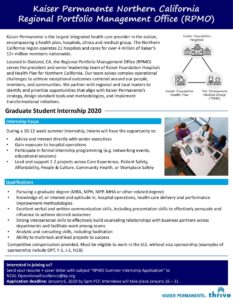

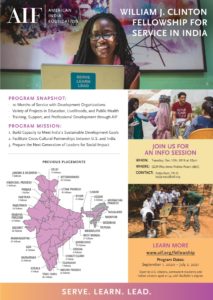

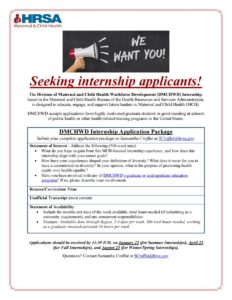

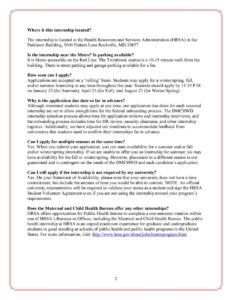

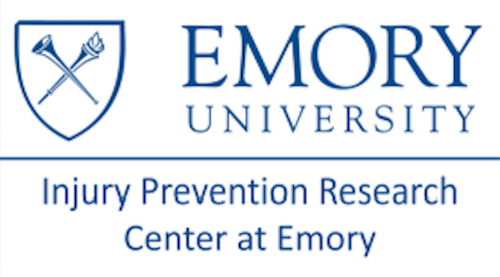


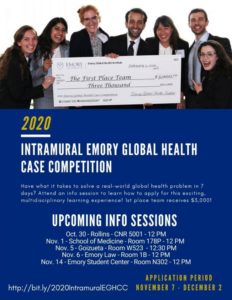


Recent Comments